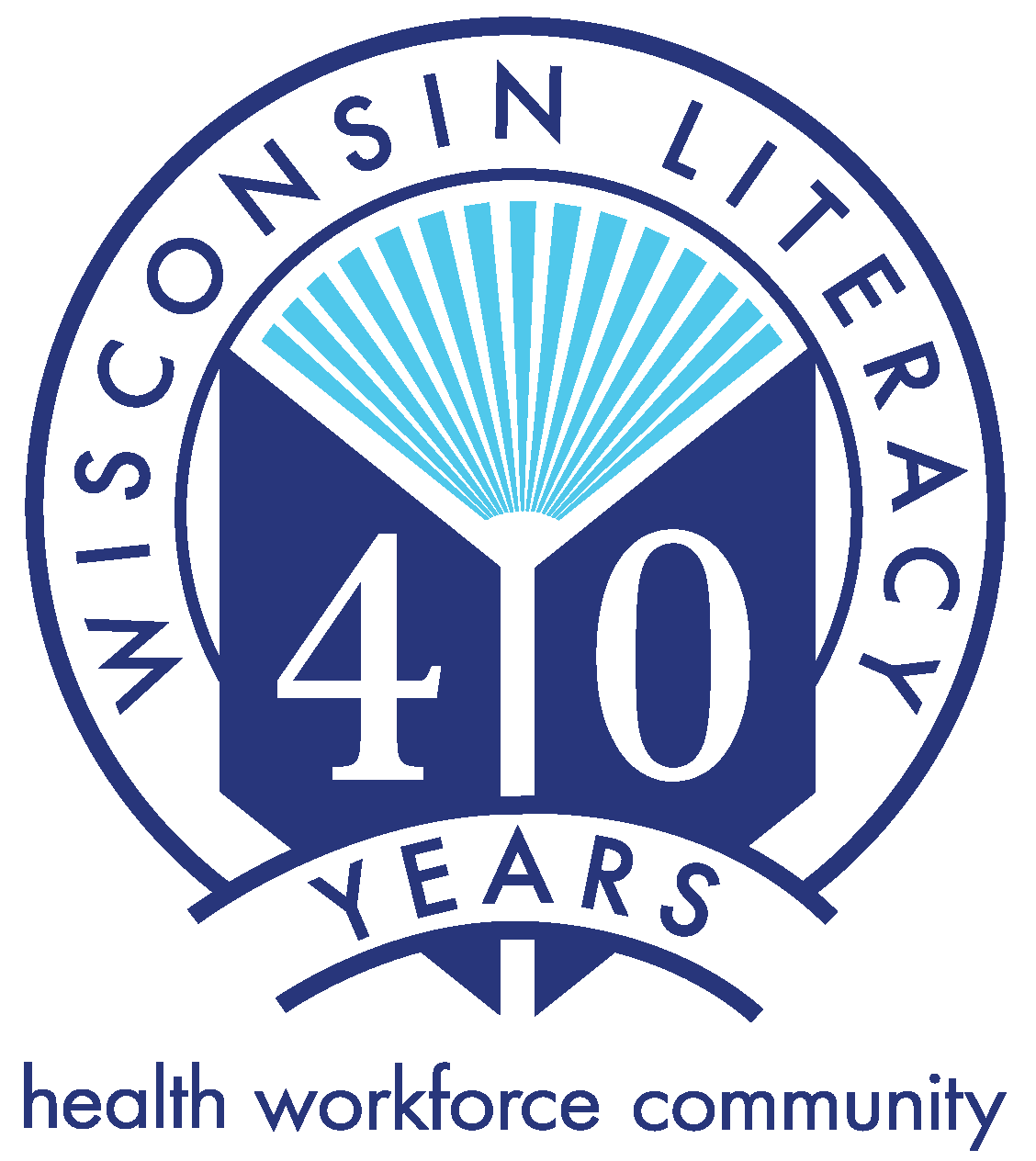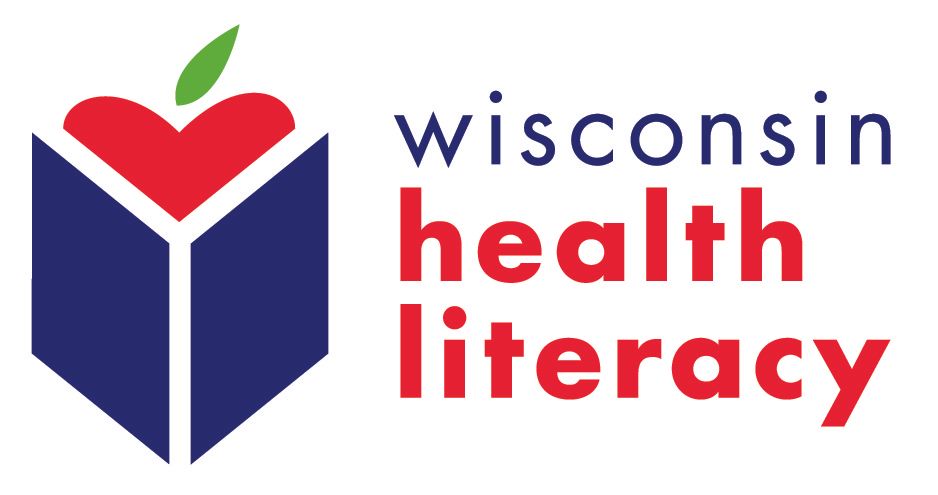Event Examples from Members
Literacy 24/7
“Literacy 24/7” was a special event started in Madison by Literacy Network in 2006. A multi-pronged approach was taken to reach as many audiences as possible and, in its first year, the event raised approximately $13,000.
The idea for this event came from the fact that, for people who have problems with reading, writing and communicating in English, low literacy is an issue 24 hours a day, seven days a week. What better way to bring awareness of the needs of learners than to hold an event focused on the very thing that a literacy provider tries to teach?
One part of the event was a one-day reading marathon; for 24 hours (from Friday at 5:00 p.m. to Saturday at 5:00 p.m.), people came together at Border’s Bookstore and read to support literacy. Some people read as individuals, while others read as part of a team.
Some read for just a few hours; others endeavored to read for the full 24 hours. Participants solicited pledges based on the amount of time they read. For readers who collected more than $50.00 in pledges, they received a “Literacy 24/7” book bag with the event logo, as well as the logos of corporate sponsors.
Each hour included a theme (financial literacy, safety literacy, health literacy, etc.) to highlight the different forms of functional literacy. Tied to each hour was a corporate sponsor that related to the theme of the hour (for example, a bank would be the sponsor of the financial literacy hour, a health insurance company could sponsor the health literacy hour). There are also many logical sponsorships to be garnered, like newspapers and publishing companies.
A celebrity reader kicked off each hour, reading for about 10 minutes from a favorite piece. The celebrities included authors, TV/radio personalities, local and state politicians, prominent business leaders and even a children’s theatre troupe.
In-kind donations of food and beverages helped sustain everyone who participated in the event.
In the week preceding the reading marathon, school children participated in a more traditional read-a-thon. They would read during that week and collect pledges to support their reading.
Ways the public could participate in this event
One of the benefits of this event was that people could participate in a variety of ways:
- Bring along a child and read to him or her.
- Prepare for an exam at school or gather information for a research paper.
- Study the stock market.
- Be part of a team that takes turns reading out of the same book, with the goal of finishing the book during “Literacy 24/7.” After the event, team members share with each other what they read.
- Be a “ghost reader” -- collect pledges and read off-site (for example, at home or en route to an exciting vacation destination).
Trivia Contests
This idea comes courtesy of the The Literacy Connection (TLC) in Janesville. It was a first-time fundraiser in 2006 that raised $4,000 and garnered a lot of community interest.
The contest was a three-round event:
Round 1 – Teams worked together to answer a list of questions. They had to answer as many questions as possible in 20 minutes. While the teams were working, audience members saw a PowerPoint that listed the questions. At the end of the first round, there was a 20-minute intermission to give the judges time to tally up the points and to give everyone a chance to socialize, eat and see the correct answers to the questions. Just before the start of Round 2, the team standings were posted.
Round 2 – Structured the same way as Round 1, point values were doubled in Round 2. This way, every team, regardless of standing, had the opportunity to advance to the final round. There was another 20-minute intermission as scores and standings were determined. The team were again posted and the top two teams advanced to the final round.
Round 3 – For the top two teams, Round 3 was set up like a quiz-show, with buzzers and an emcee who read the questions. Judges were on hand to decide which team buzzed in first and to evaluate their answers. This final round lasted 20 minutes, and the team with the most points at the end became the Trivia Champ!
Teams of 4 paid a $200 fee to participate, and each team received 4 additional guest passes. Eleven teams participated the first year. A local greenhouse provided space for the event and promoted it on their radio show. TLC also partnered with a restaurant that promoted the event on their radio spots for the month leading up to the event. The radio spots ended up testing local celebrities’ spelling abilities, and TLC received a $30 donation every time a celebrity spelled a word correctly. Overhead costs were quite low because the space and the food were donated, and the only prize given was a traveling trophy.
A silent auction could be added to this event. It could open before Round 1 and attendees could bid on items during the first 2 intermissions. Event volunteers could determine auction winners during Round 3 and announce winners’ names after the Trivia Champ is crowned.
Run/Walks
Run/Walks usually draw more participants, and those participants sometimes come from further away geographically. If you have a particularly large crowd, it can catch the attention of local media.
You’ll need quite a bit of equipment to set up a run/walk:
- cones to mark the routes (runners and walkers typically do not go on the same path)
- mile markers
- multiple water stations
- finish line chutes
- clocks and support to tally finish times accurately (runners often want to the results of their run right after the race, so you need a way to post results publicly)
- prizes for top finishers in categories defined by gender and age (optional)
Walks
There will probably be fewer participants in a walk, but those who do participate tend to be more dedicated to the cause and are more likely to raise pledges.
One nonprofit (not literacy-related) held a walk that attracted 500-600 people. By the 7th year of the event, the organization raised over $30,000. One man was so dedicated to the event and the cause that he raised more than $3,000 in pledges by himself.
Walks are generally cheaper:
- There are fewer people, so you can buy fewer T-shirts, etc..
- There are no costs associated with a competition.
- You won’t need a lot of equipment, just cones to mark the route.
The overhead is lower, so registration fees can be lower. This may attract more learners to participate. A story about a learner who walks in your event is a great way to get the attention of the media.
Scrabble Tournaments
Related to literacy, a Scrabble® tournament is a popular event for literacy organizations.
The basic items you’ll need are:
- Scrabble® games
- dictionaries (all copies should be the same publisher and edition)
- timer
- a way to display progress of the tournament
Tournaments can be set up with individual players or with teams. To determine the most appropriate structure for your group, evaluate the:
- number of participants you project
- amount of time you have to run the event
- event space
For example, if you may have fewer than 20 participants, consider individual play. If you are expecting 100 participants and you have three hours for the event, plan on having teams.
Unlike a game of Scrabble® at home (where you continue to play until all the tiles that can make up words are used), the rounds in Scrabble® tournaments are timed. This keeps all tables on the same round and helps keep the event on schedule. At the end of each round, event volunteers tally the points for each individual/team. After tallying points, the individuals/teams with the lowest scores are eliminated.
If you don’t want eliminations, you can follow a system where all individuals/teams rotate so they have different competitors for subsequent rounds. Determine the winner by adding individual/team points for all the rounds.
Follow the official Scrabble® rules for general scoring and play.
There are different options for raising funds in a Scrabble® tournament:
- Individual/team registration fees
- Player pledges
- Allowing players to buy additional letters or a dictionary peek
You will need the following volunteers (the number will depend on the size of your event):
- judges to handle any disputes over the legality of a word
- people to record scores at the end of every round
- people to help players purchase additional letters or a dictionary peek
Include Scrabble® clubs in your event recruitment efforts. Do an Internet search of Scrabble® clubs in Wisconsin. If you don’t see one in your area, contact one of the listed clubs; they will probably know if there is a club in your area.
The following Wisconsin Literacy member agencies have held successful Scrabble® tournaments: Literacy Council of Green County, Green Lake County Literacy Council, Literacy Council of Brown County, Literacy Council of Greater Waukesha, Literacy Volunteers Chippewa Valley, Portage County Literacy Council and Stateline Literacy Council.
Other events hosted by literacy organizations in Wisconsin:
• “Bike to Read” (Jefferson County Literacy Council)
• Spelling Bee (Omega School)
• “Ice Tee Classic” (The Neighbor’s Place)
• “Words with Friends” Tournament (Taylor County Literacy)
Resources:
“Guide to Special Events Fundraising” by Ken Wyman
“Special Event Fund Raisers: A Success Story or Your Worst Nightmare?” by Janet E. Stillwell, PhD

